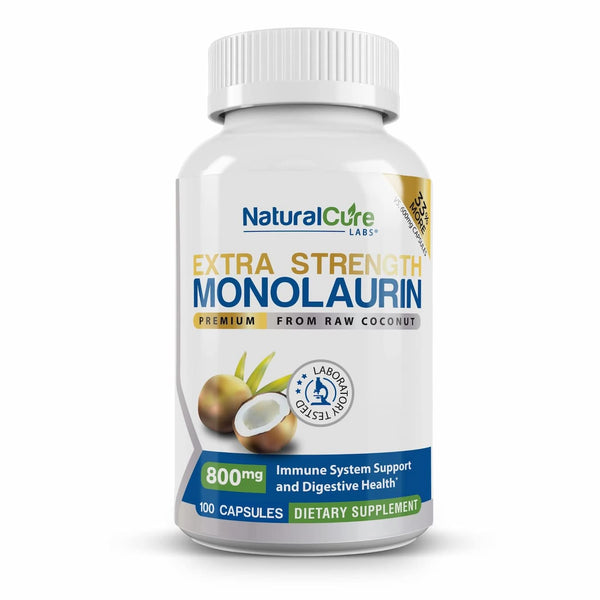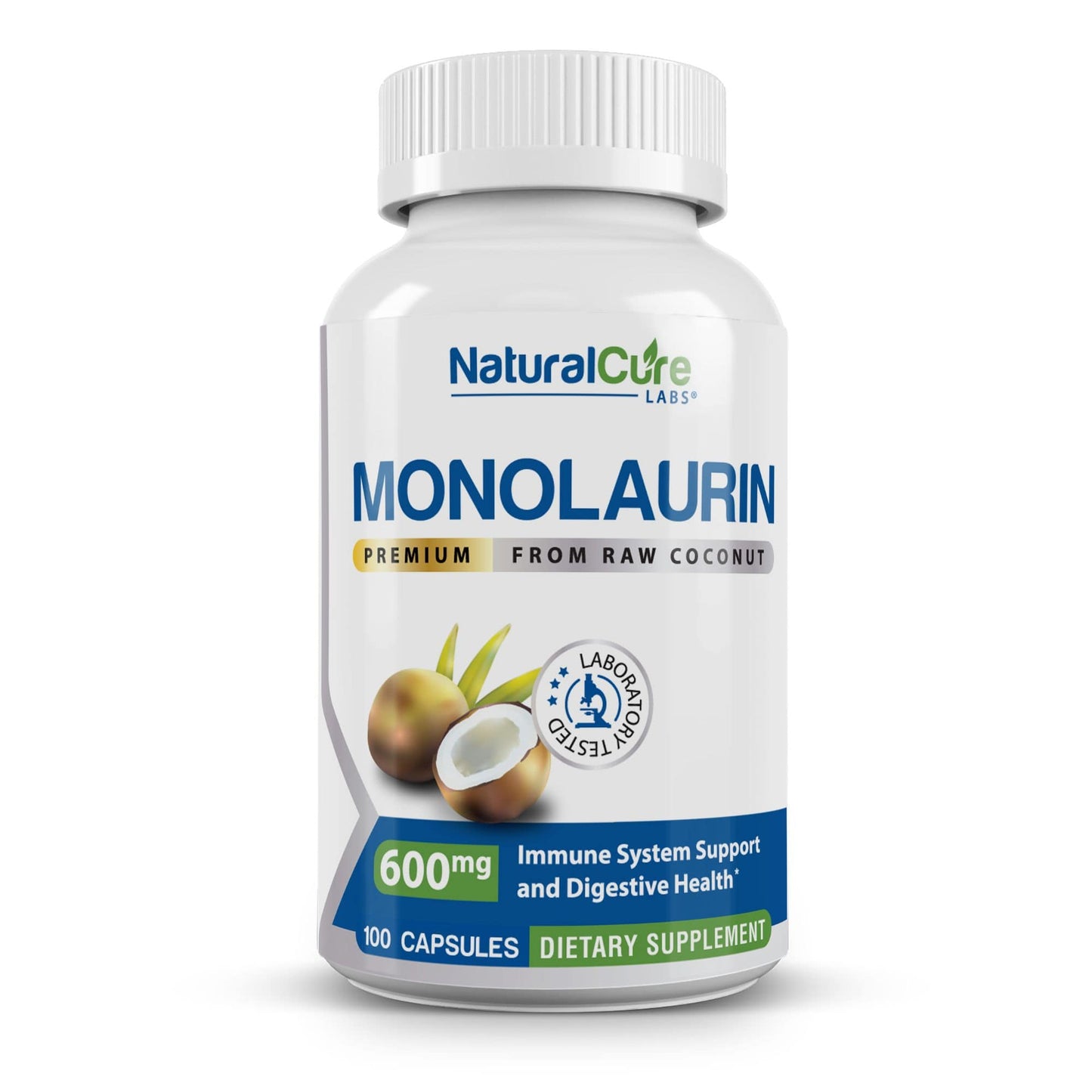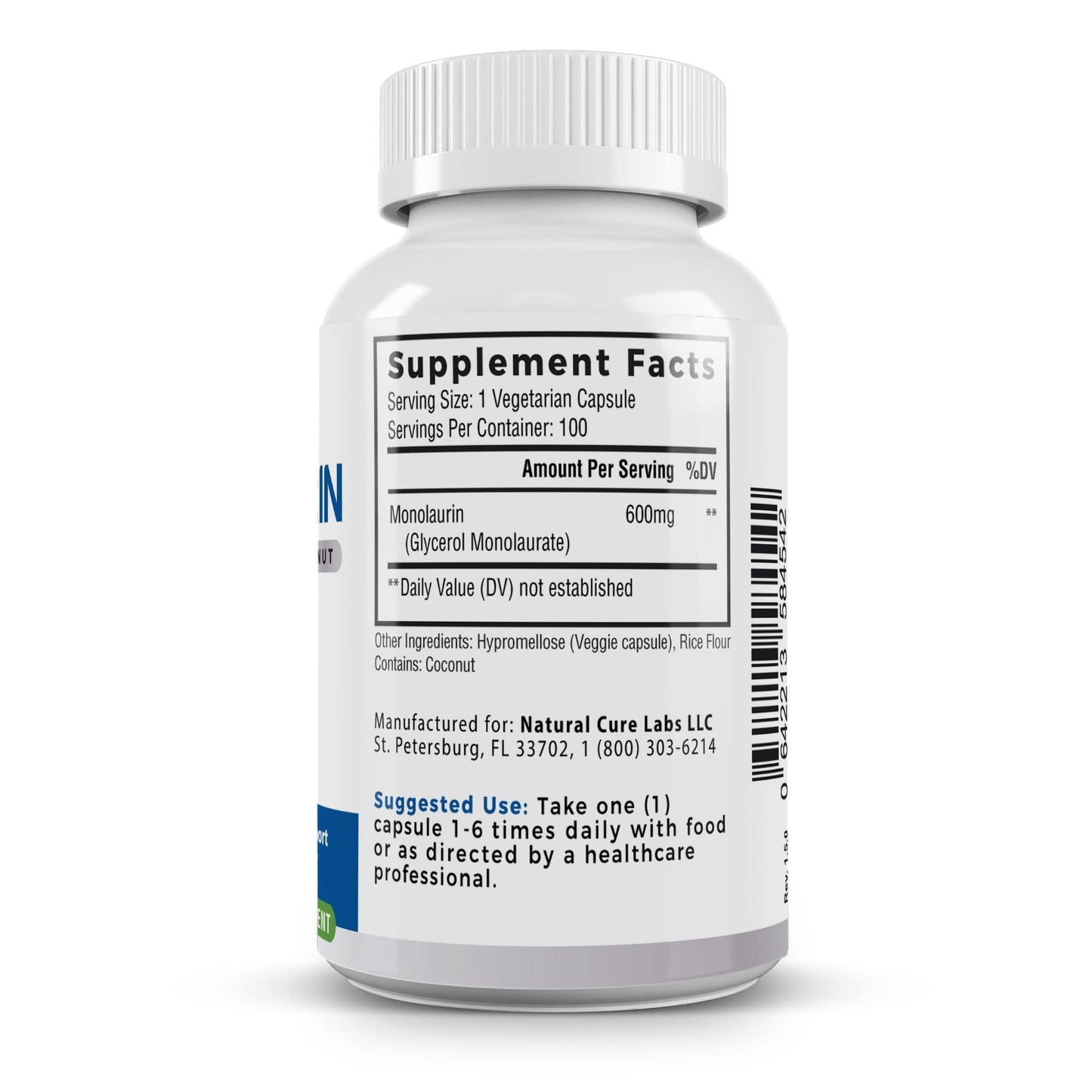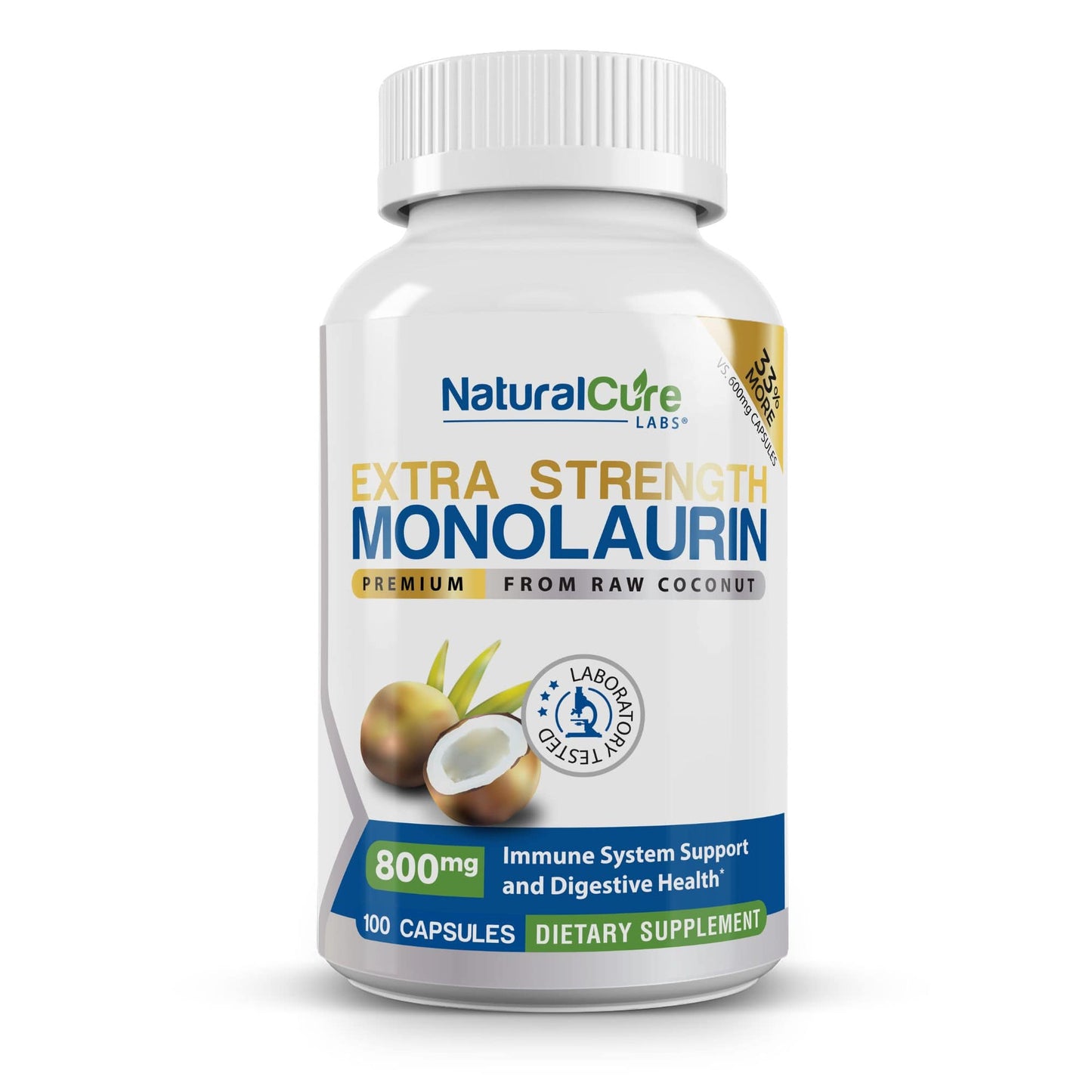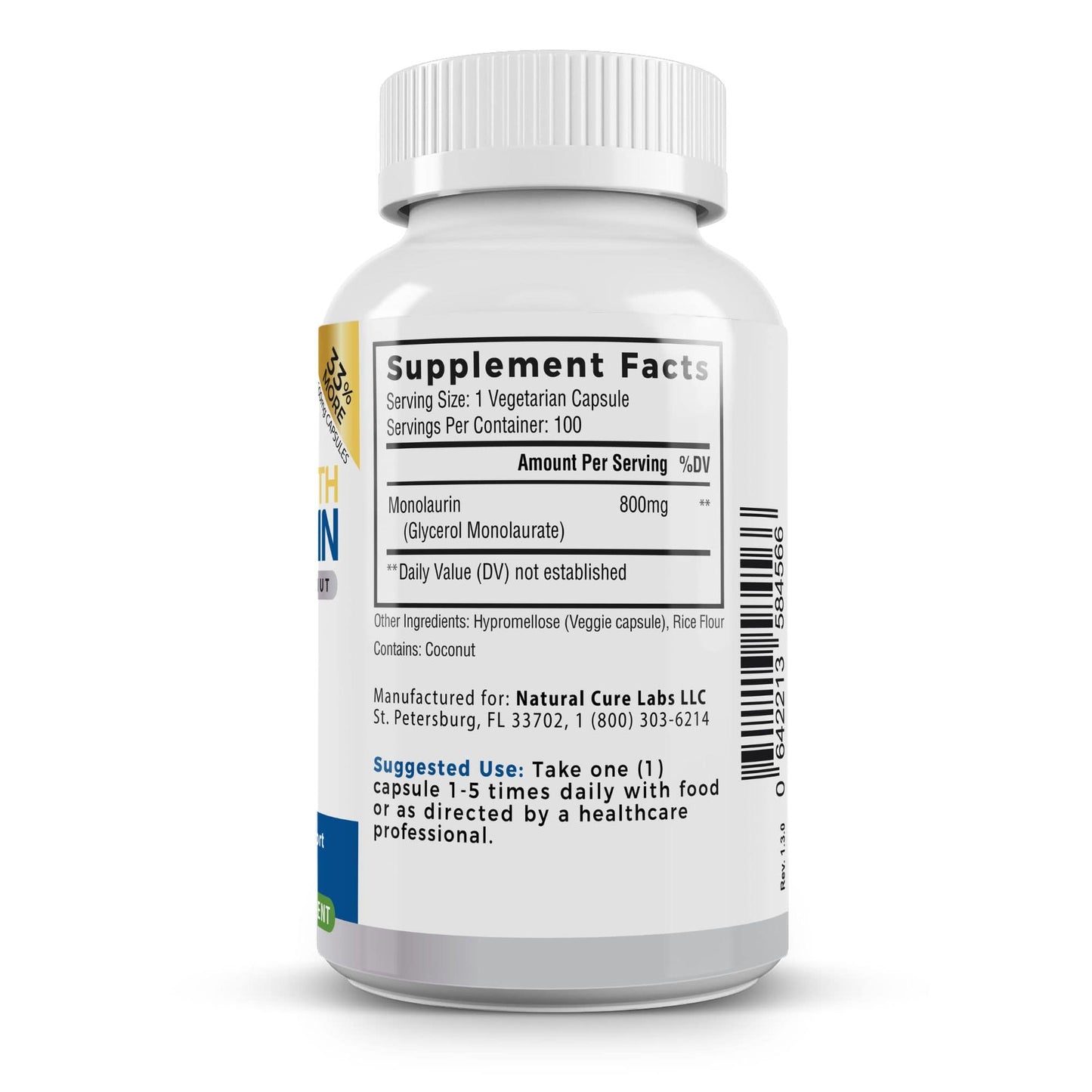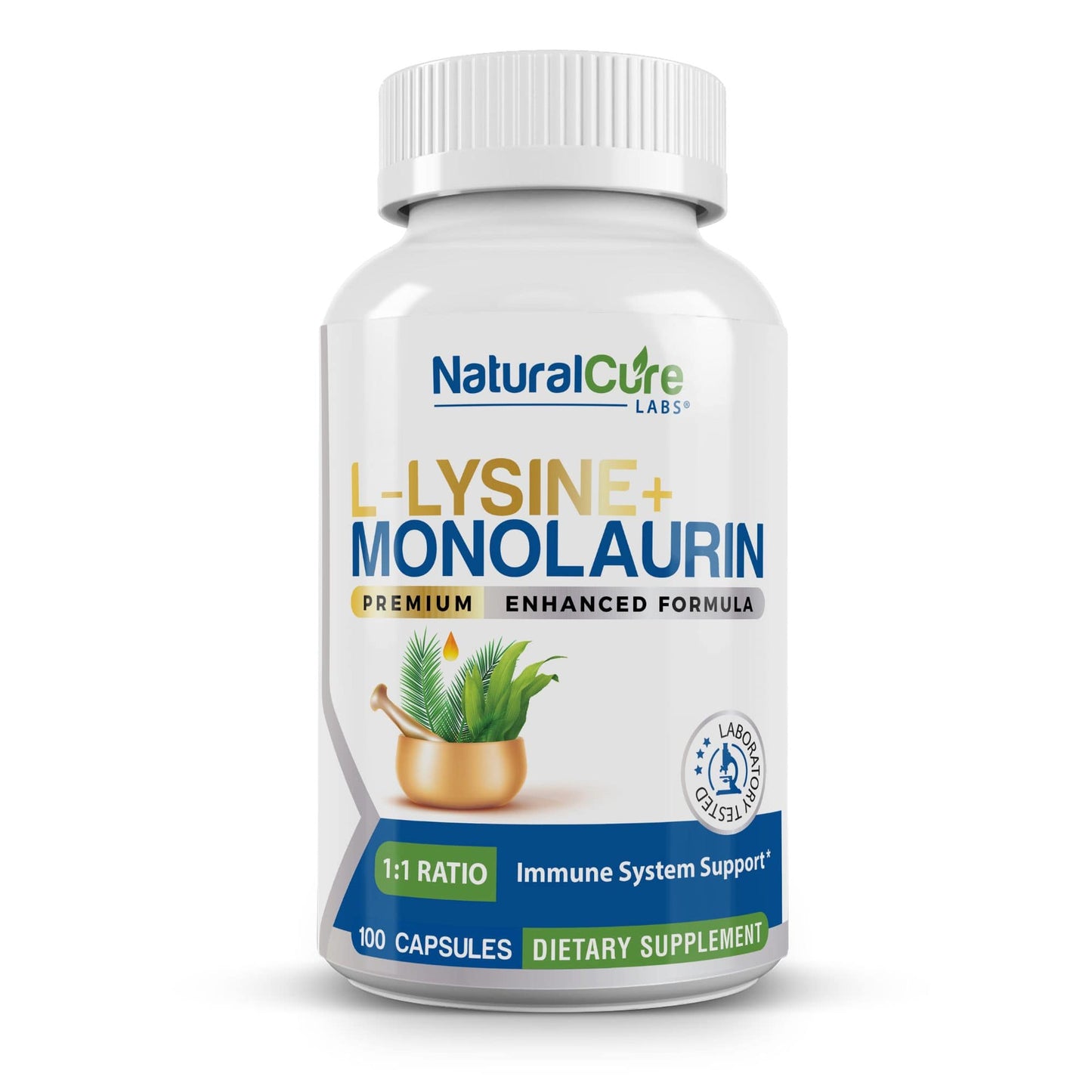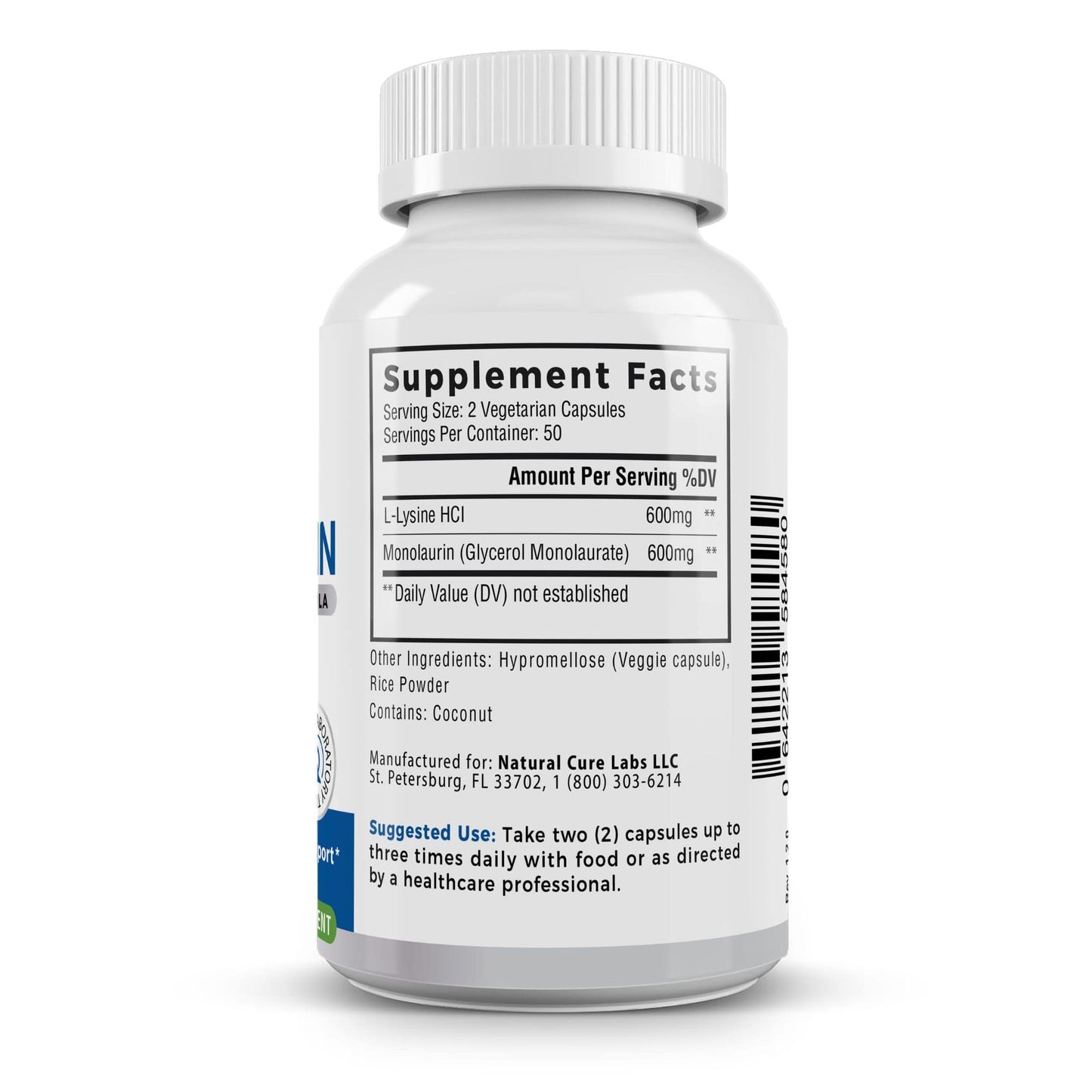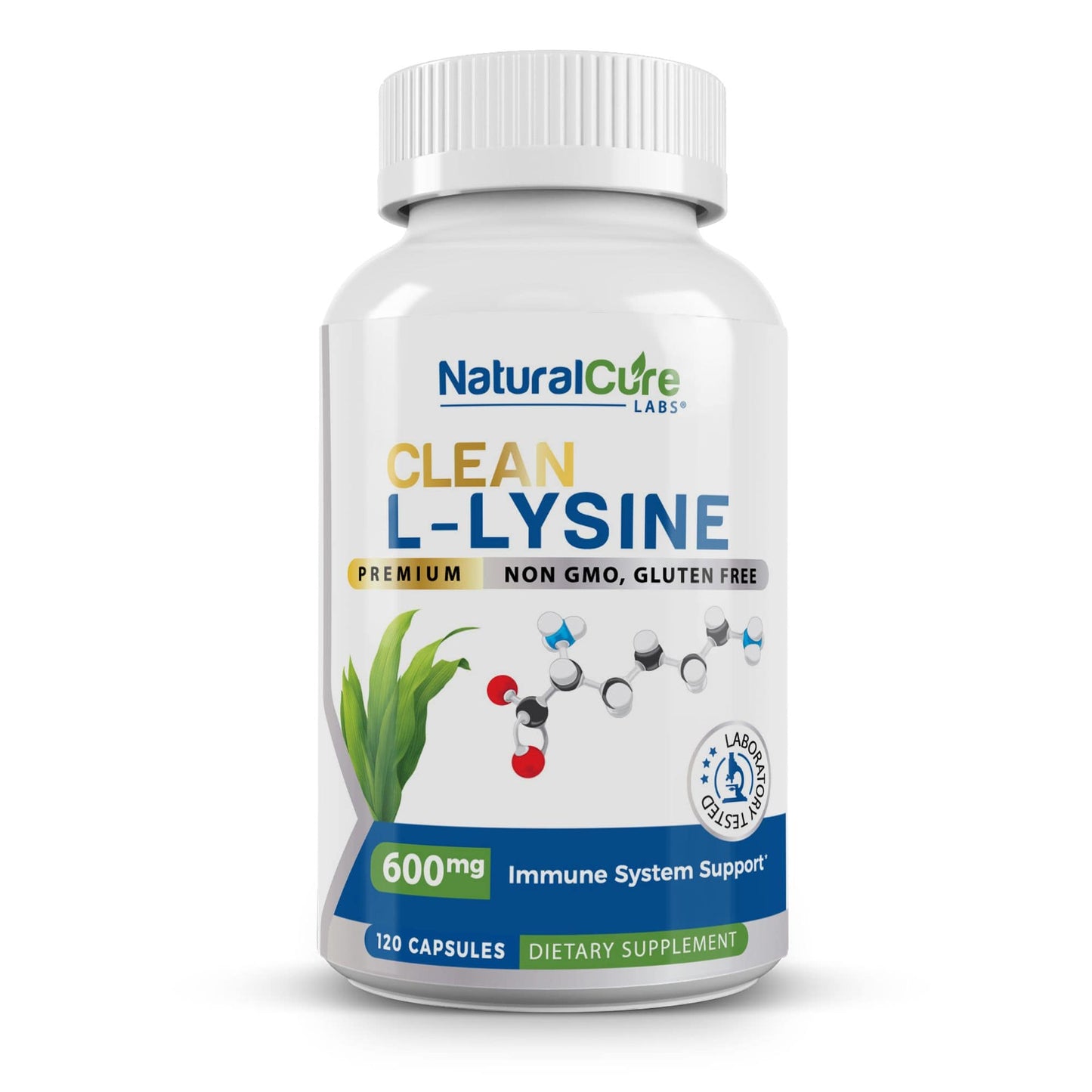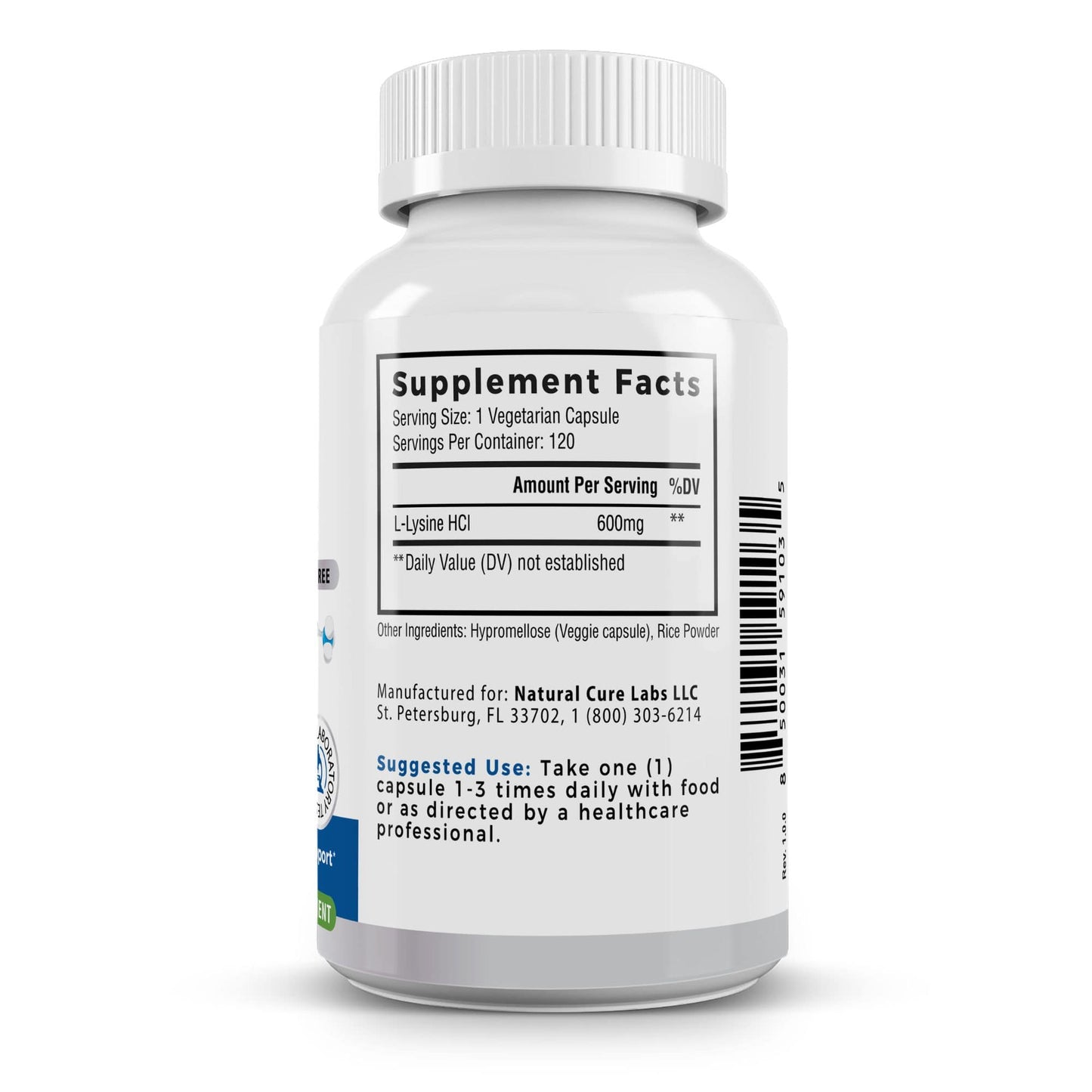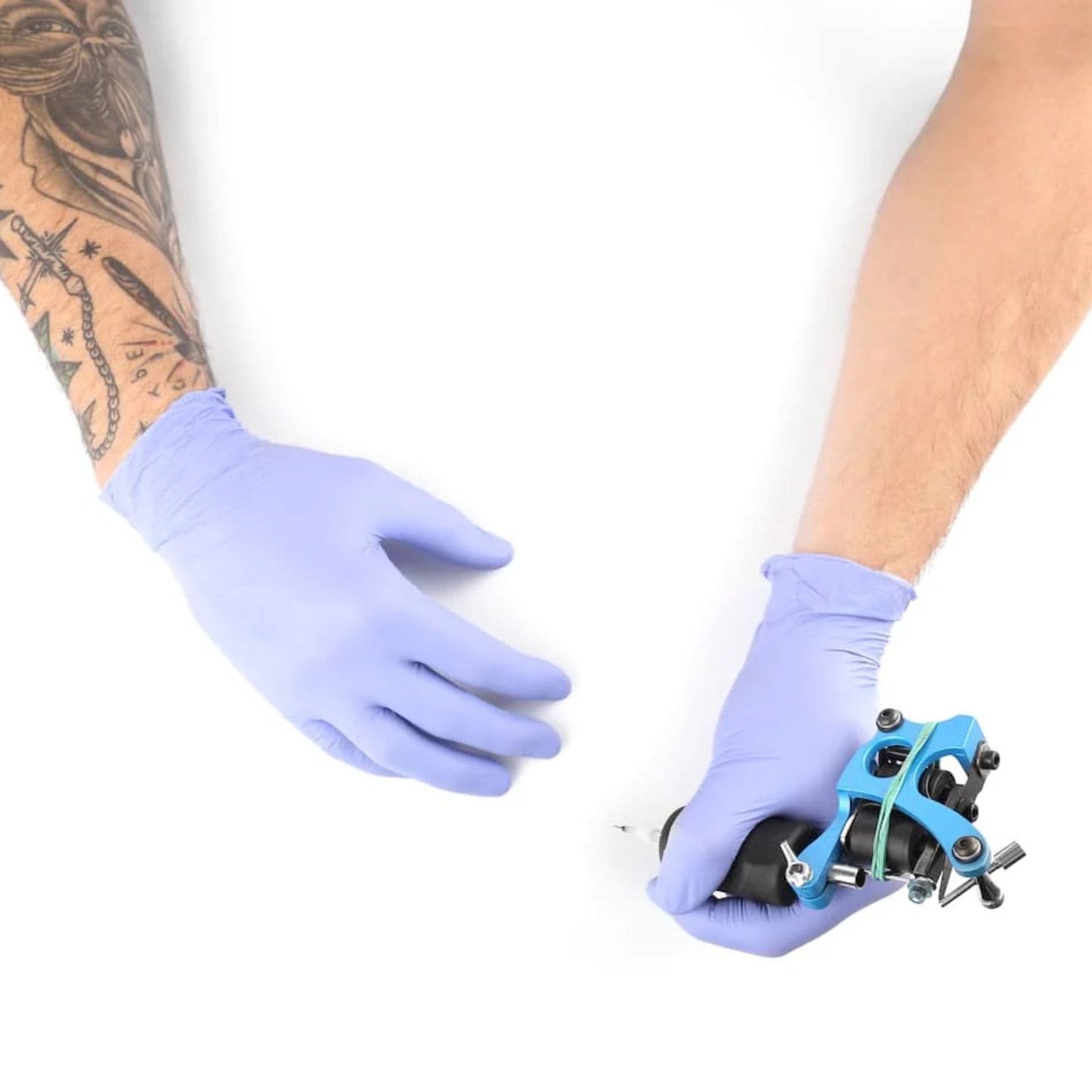
📝 Medically reviewed by Trager Hintze, PharmD, BCCCP
🔍 Last updated March 18, 2024
📚 6 citations
📖 6 minute read
About the Author:

Dr. Trager Hintze earned his Doctor of Pharmacy degree at Idaho State University College of Pharmacy, followed by post-graduate residencies at the University of Oklahoma College of Pharmacy and University Hospital in San Antonio, Texas. Dr. Hintze is a Clinical Assistant Professor of Pharmacy Practice at the Texas A&M Irma Lerma Rangel School of Pharmacy.
--
Though tattoos can be modern and trendy, they've been a common form of self-expression for thousands of years. Though tattoos look beautiful on the outside, it's worthwhile to note the potential ways that this form of body modification can affect your body's immune system.
Jump To:
- How does Tattooing Work?
- The Impact of a Tattoo Needle and Pigment
- How Your White Blood Cells Respond to Tattoo Ink
- How Tattoos May Affect Your Immune Response
- How to Support Your Body's Immune Function
- Final Thoughts
- References
The immune system is responsible for surveying the entirety of the human body to detect and respond to threatening signals. So, when you get a tattoo, this biological response is triggered, and your immune system may react accordingly. ²
Keep reading, and we'll explain exactly what getting a tattoo might do to your body's immune function.
See Related: 5 Things That Can Weaken Your Immune System
How does Tattooing Work?
Though tattoos can look cool, these body modifications are about more than just appearances. Tattoos have been used as a form of cultural expression for thousands of years and are even found on mummies in graves dating back to the 4th to 3rd centuries BCE. ¹
Even before humans understood the effects of tattoos on our bodies, we had been creating these permanent forms of body art. However, even if it looks like tattoos are only skin deep, the effects of these needles can be more widespread.
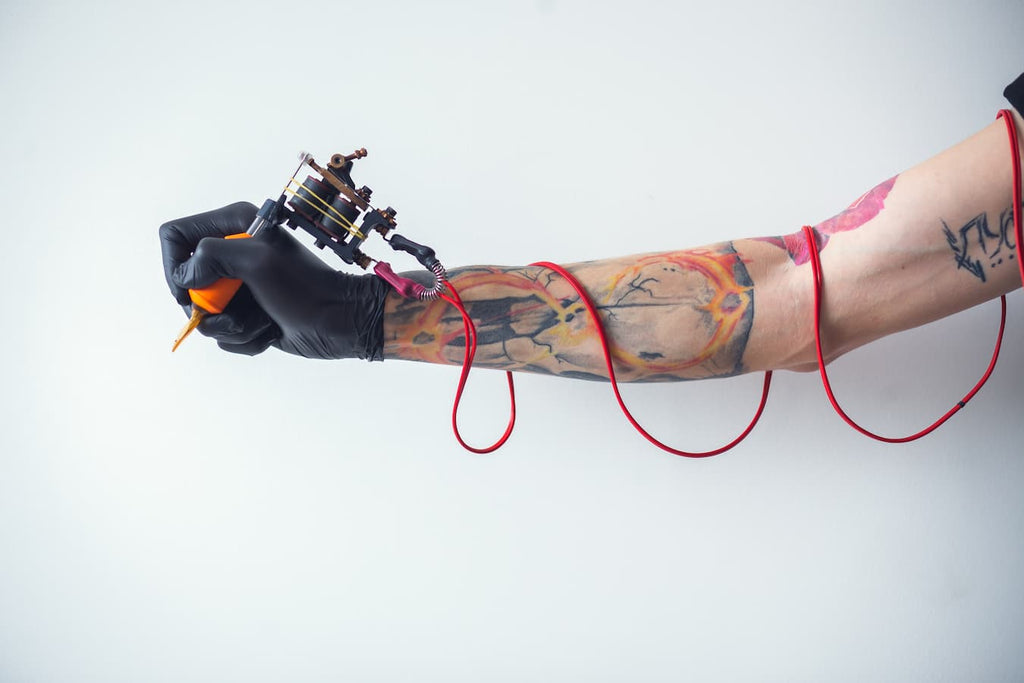
Bonus: What Is Biofilm? An Overview
The Impact of a Tattoo Needle and Pigment
Tattoo ink is injected into the skin to create intricate designs and beautiful works of art. The pigment is made from inorganic metals and their oxides or polyaromatic compounds, which transfer compounds like nickel, manganese, or cobalt to tattooed skin. Titanium dioxide is a common ingredient that can be toxic depending on its crystal structure.
A study conducted in 2017 3 found that these heavy metals, organic pigment particles, and titanium dioxide can potentially reach the lymph nodes from the injection site. This study also observed changes to the tissue near the injection site, including altered ratios of amide I α-helix to β-sheet protein and increased lipids.
With this in mind, researchers concluded that these forms of body modifications have potential adverse effects due to migration and long-term deposition of tattoo pigments. ³
How Your White Blood Cells Respond to Tattoo Ink
Tattoo ink is injected into the second layer of skin, known as the dermis. The dermis supports the epidermis (the surface skin layer), grows hair follicles, and serves as protection from the outside world. ⁴
When you get tattooed, your body views the tattoo ink as a foreign invader and rushes to identify and destroy it. Your dermis contains macrophages, a type of special white blood cells that then envelop the ink in an attempt to break down the material with enzymes. This allows your body's lymphatic system to dispose of the ink. ⁵
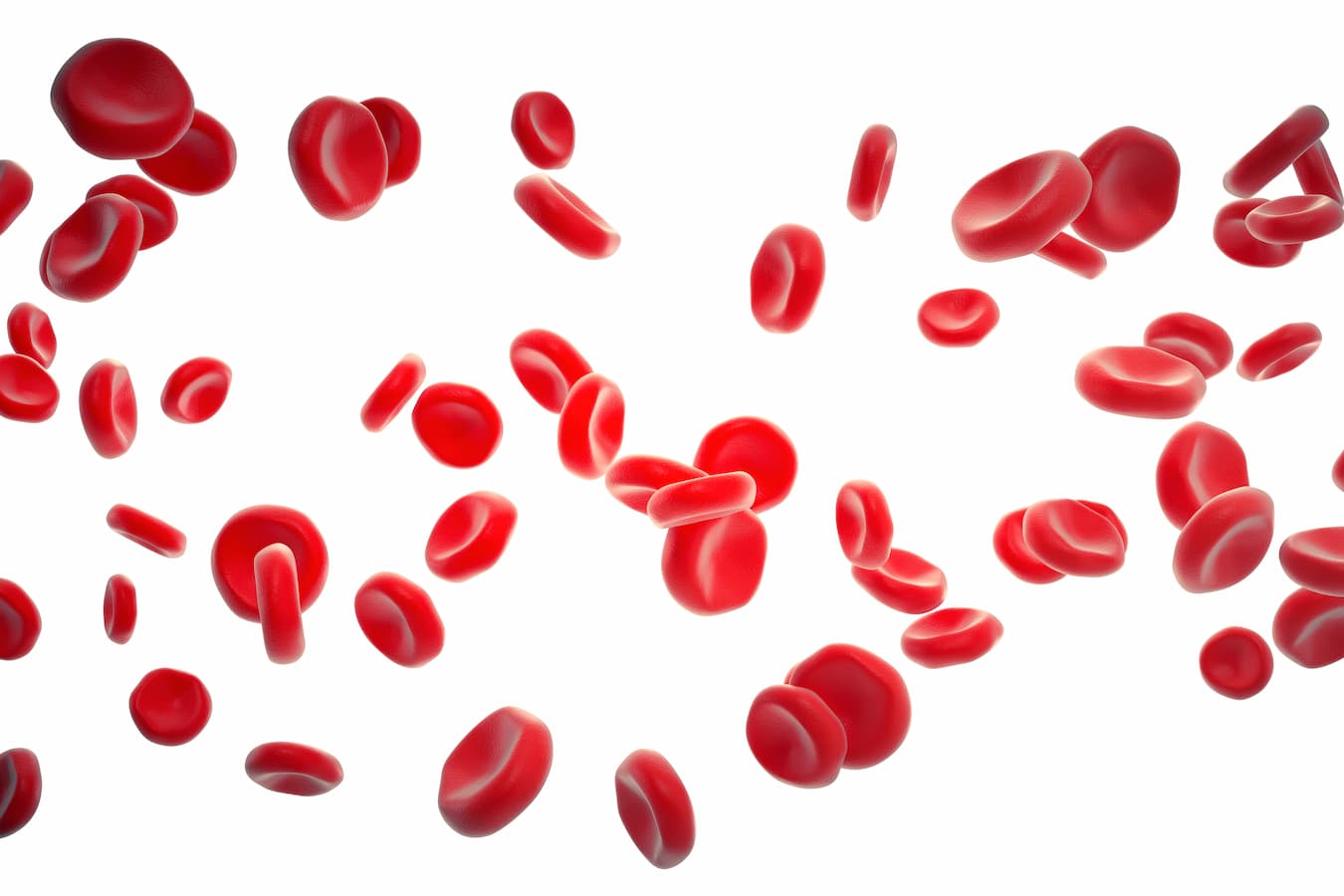
How Tattoos May Affect Your Immune Response
Fresh tattoos often cause skin irritation. A new tattoo can also trigger your body's fight-or-flight response, a natural reaction that can have a "priming effect" on your immune system. This response is potentially cumulative, with studies showing that cortisol levels may decrease following subsequent tattoo sessions.
A 2016 study showed that those without any pre-existing tattoos experienced a greater strain on their overall immune system. However, it is important to note that the effects of frequent tattooing can vary from person to person. ⁶
How to Support Your Body's Immune Function
If you're looking for an immune boost, you don't need to get inked. Health supplements made with premium botanicals and plant-based ingredients have the potential to support your body's immune system. ‡
The Monolaurin Extra Strength capsules from Natural Cure Labs contain monolaurin, a natural source of lauric acid. Expertly sourced, blended, and bottled in the United States, these monolaurin supplements are derived from coconuts. They are easy to swallow and may help support the immune system and enhance digestive health. ‡
"Easy to take, only 1 capsule daily. No bad aftertaste. Excellent results!!!"
Debbie Schluter on Sep 29, 2020
Final Thoughts
Tattoos can interact with your body in ways you might not realize. So, before heading to the salon or admiring someone's ink, remember the impact these tiny punctures can have on your skin and immune cells.
Keep Reading: Andrographis Supplements: Benefits, Uses, History, And More
--
References
- European Association of Archaeologists & European Association of Archaeologists Annual Meeting (17th : 2011 : Oslo Norway). (2013). Tattoos and body modifications in antiquity : proceedings of the sessions at the eaa annual meetings in the hague and oslo 2010. Chronos.
- Nicholson L. B. (2016). The immune system. Essays in biochemistry, 60(3), 275–301. https://doi.org/10.1042/EBC20160017
- Schreiver, I., Hesse, B., Seim, C., Castillo-Michel, H., Villanova, J., Laux, P., Dreiack, N., Penning, R., Tucoulou, R., Cotte, M., & Luch, A. (2017). Synchrotron-based ν-XRF mapping and μ-FTIR microscopy enable to look into the fate and effects of tattoo pigments in human skin. Scientific reports, 7(1), 11395. https://doi.org/10.1038/s41598-017-11721-z
- Brown, T. M., & Krishnamurthy, K. (2022). Histology, Dermis. In StatPearls. StatPearls Publishing.
- Baranska, A., Shawket, A., Jouve, M., Baratin, M., Malosse, C., Voluzan, O., Vu Manh, T. P., Fiore, F., Bajénoff, M., Benaroch, P., Dalod, M., Malissen, M., Henri, S., & Malissen, B. (2018). Unveiling skin macrophage dynamics explains both tattoo persistence and strenuous removal. The Journal of experimental medicine, 215(4), 1115–1133. https://doi.org/10.1084/jem.20171608
- Lynn, C. D., Dominguez, J. T., & DeCaro, J. A. (2016). Tattooing to "Toughen up": Tattoo experience and secretory immunoglobulin A. American journal of human biology : the official journal of the Human Biology Council, 28(5), 603–609. https://doi.org/10.1002/ajhb.22847
‡ These statements have not been evaluated by the Food and Drug Administration. This product is not intended to diagnose, treat, cure, or prevent any disease.
--
Natural Cure Labs provides dietary supplements made from naturally derived ingredients. Our research-backed products contain premium botanicals and antioxidants that encourage healthy living and holistic wellness. Each high-quality product comes with a Clean Label that certifies our commitment to quality, transparency, and research. To stay connected and learn more, follow us on Facebook, Instagram, and TikTok.

